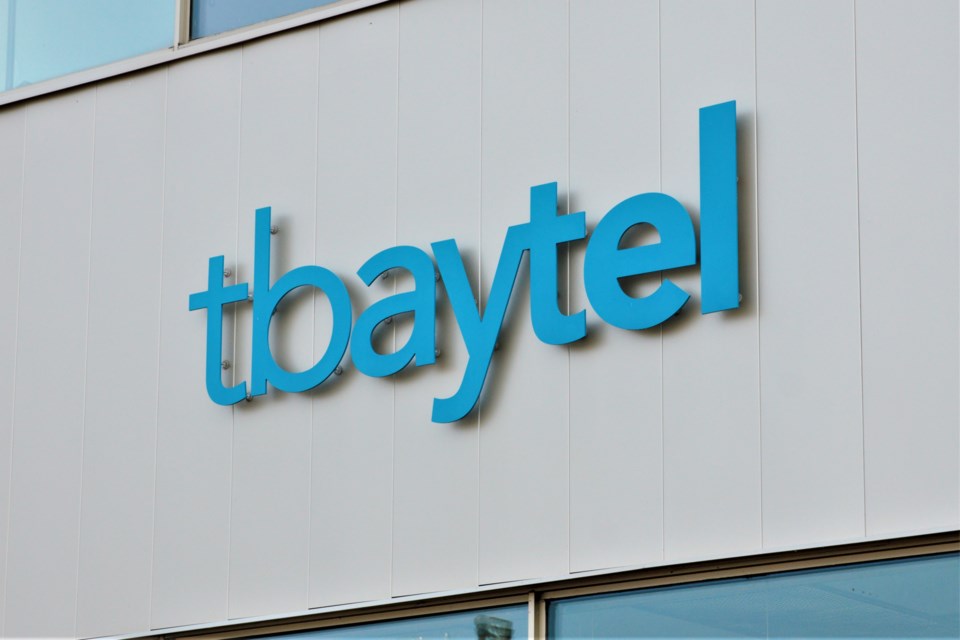THUNDER BAY — Tbaytel is among the successful bidders for licences to use another radio frequency for the expansion of 5G cellular service in Northern Ontario.
The company announced Monday that it has secured access to the 3800 MHz band, a band it said is integral to the current and future delivery of 5G.
"Using the latest Tbaytel 5G technologies, the 3800 MHz spectrum band will provide phenomenal download speeds when it's added to Tbaytel's currently deployed spectrum across our region," said president and CEO Dan Topatigh.
"Along with our success at past auctions, this new spectrum addition allows Tbaytel 5G to be deployed in urban, suburban and rural areas...and positions us well to meet and exceed customer demand well into the future."
The company acquired capacity in the Thunder Bay, Marathon, Fort Frances, Kenora and Sioux Lookout areas, as well as in a portion of the District of Algoma.
Topatigh said there were more than 20 participants in the latest auction held by Innovation, Science and Economic Development Canada, and that Tbaytel's success shows that it is able to compete and thrive in the Canadian telecommunication industry.
According to information posted by the federal government, the 3800 MHz auction is a key milestone in its plan to encourage competition for wireless services, improve rural connectivity and ensure the effective deployment of 5G technologies.
It states that "The increased number of connections and data-intensive applications expected with 5G will require large amounts of spectrum in a variety of frequency bands. In Canada, the 3800 MHz band has historically been used to provide fixed wireless internet services, but in the past few years, it has been globally recognized as key for 5G networks because it provides both coverage and capacity for a wide array of new applications, as well as for rural connectivity."
Licences in the 3800 MHz band include deployment obligations that require companies to “use or lose” the spectrum they win within strict timelines.
Tbaytel's successful bid cost it just under $800,000.
A spokesperson told TBnewswatch the company believes it realized significant value in terms of the amount of spectrum for the cost, with its overall expenditure being less than anticipated.
Earlier this year, the company paid over $6 million for additional capacity in the 600 MHz frequency band.
The spokesperson said all auctions are different, so direct comparisons auction-to-auction are not necessarily appropriate.
